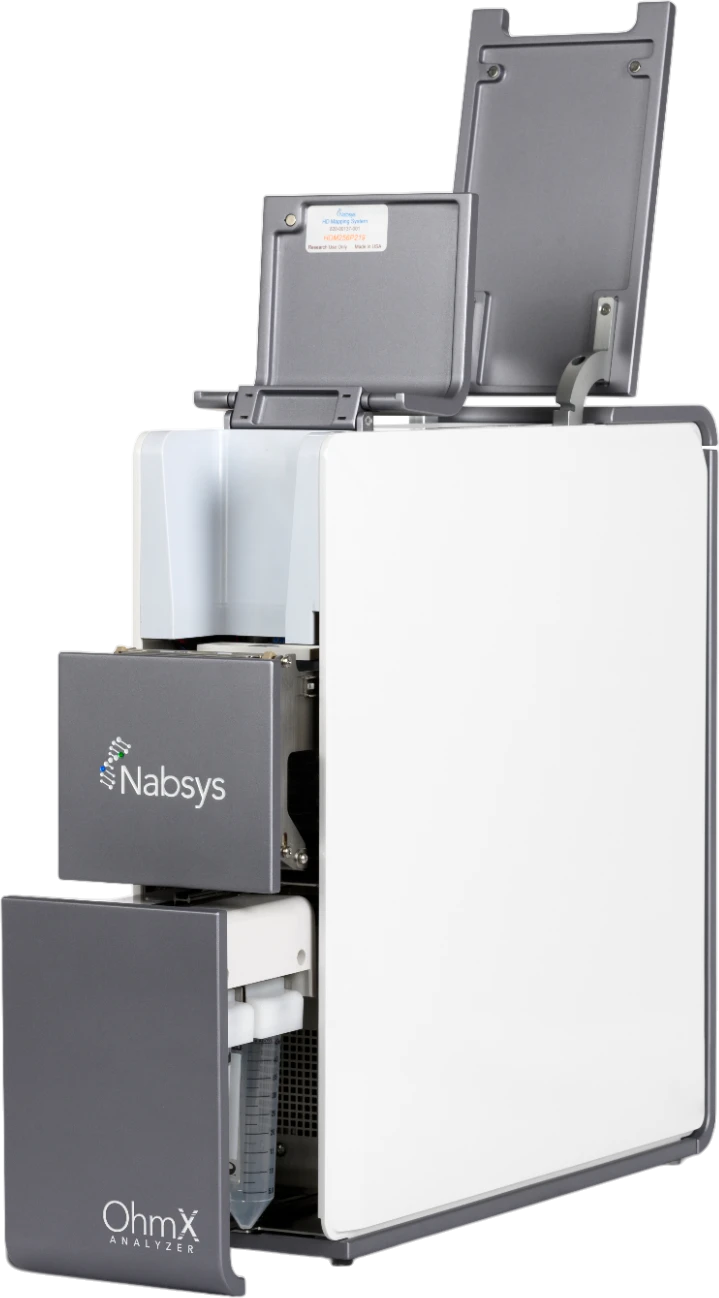Pharmacogenomics


Structural variations (SVs) represent a significant component of genetic diversity within human populations, contributing to variations in drug response and susceptibility to diseases. Pharmacogenomics, the study of how an individual’s genetic makeup influences their response to drugs, has been shown to be critical for achieving personalized medicine. Identifying SVs in each individual can be essential for interpreting the intricate relationship between genetic variations and drug metabolism, efficacy, and toxicity.
Pharmacogenomic Variability and Drug Response
Pharmacogenomics aims to tailor specific drugs and dosages based on an individual’s genetic profile. Genomic SVs, such as copy number variations (CNVs) and structural rearrangements, can significantly impact drug metabolism enzymes, drug transporters, and drug targets. The wide range of potential SVs and CNVs influence drug response and toxicity, providing essential insights for personalized drug selection and dosing1.
Drug Metabolism Enzymes and Transporters
Genomic SVs in drug metabolism enzymes and transporters can significantly alter drug pharmacokinetics and efficacy. For instance, SVs in genes such as CYP2D6 and CYP2C19, involved in drug metabolism, can have a large impact on circulating drug levels, hence influencing drug efficacy and toxicity. The tremendous impact of this variation across individuals and populations is reinforced by the continually expanding set of drug-relevant variants that have been found2.
Adverse Drug Reactions (ADRs) and Individualized ADR Risk Assessment
Adverse drug reactions are a significant concern in clinical practice. Genomic SVs can predispose individuals to ADRs by affecting drug metabolism enzymes’ activity, drug transporters’ function, or drug target genes3. Genes-encoding drug metabolizing enzymes, such as the cytochrome P450 (CYP) family, are susceptible to genomic SVs. CNVs, deletions, or duplications in these genes can lead to variations in enzyme activity, affecting drug metabolism rates and potentially leading to either reduced efficacy or drug toxicity3. For instance, duplications in the CYP2D6 gene can result in ultra-rapid metabolizer phenotypes, increasing the risk of ADRs for drugs metabolized by this enzyme. Incorporating genomic SV analysis into pharmacogenomics allows for the development of predictive models to assess an individual’s risk of experiencing ADRs. Understanding an individual’s genomic SV profile and how it relates to specific drugs can aid in tailoring drug selection, dosing, and monitoring strategies to minimize ADRs and improve treatment outcomes.
Population Diversity and Genomic SVs
Population-specific genomic SVs contribute to inter-individual variability in drug responses. Studies have cataloged population-specific SVs, highlighting the importance of considering genomic SVs in different populations for designing tailored pharmacogenomic approaches2.
- Turner AJ, et al. PharmVar Tutorial on CYP2D6 Structural Variation Testing and Recommendations on Reporting. Clin Pharmacol Ther. 2023. doi: 10.1002/cpt.3044.
- Zhou Y, Lauschke VM. The genetic landscape of major drug metabolizing cytochrome P450 genes-an updated analysis of population-scale sequencing data. Pharmacogenomics J. 2022; 22:284-293. doi: 10.1038/s41397-022-00288-2.
- Tremmel R, et al. Structural variation of the coding and non-coding human pharmacogenome. NPJ Genom Med. 2023; 8: 24. doi: 10.1038/s41525-023-00371-y.
Our Products
The state-of-the-art OhmX Platform uses electronic nano-detectors to deliver the highest resolution for whole genome structural variant analysis. You can now perform whole genome analysis of SVs down to 300bp in size—enabling insights into previously undetectable DNA variations.
Learn More

